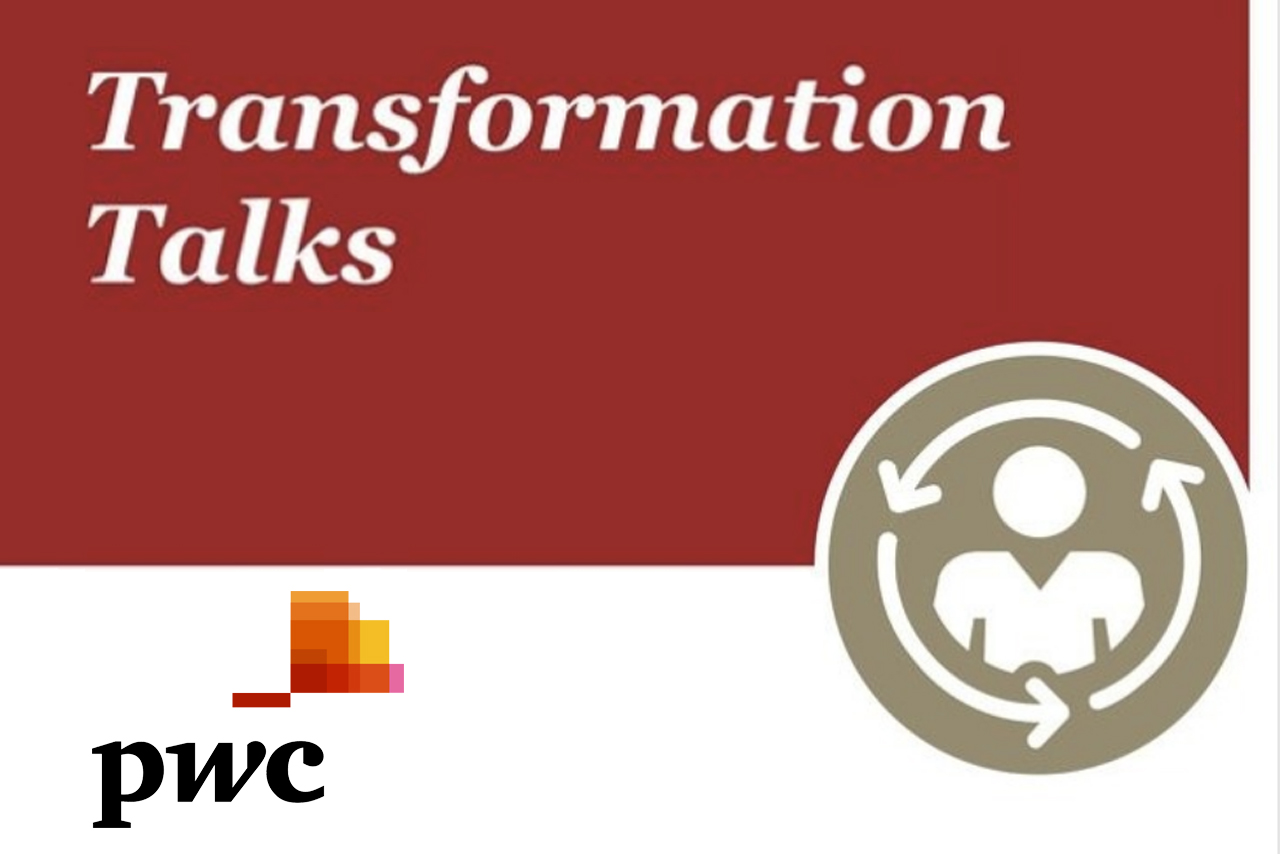We have been reading with great interest the inaugural Mental Health at Work Report from Business in the Community, featuring responses from almost 20,000 employees across the UK
Participants took part via a YouGov panel survey (3,036 respondents) and a public open survey (16,246 respondents). The report itself highlights the experiences of thousands of men and women currently in employment, from front line workers to directors and senior managers, specifically leading with the YouGov panel data that is representative of UK employees.
Click here to access the full report from the Business in the Community website. A topline executive summary of the results is detailed below:
1. A majority of employees have been affected by symptoms of poor mental health. 77% say they have experienced symptoms of poor mental health at some point in their lives and 29% have been diagnosed with a mental health condition. 62% of employees attributed their symptoms of poor mental health to work or said that work was a contributing factor. The results from the open survey are even starker, with 84% having experienced physical, psychological or behavioural symptoms of poor mental health where work was a contributing factor.
2. There is a concerning disconnect between employees’ experience in the workplace and what those running the company believe is taking place. 60% of board members and senior managers believe their organisation supports people with mental health issues. Despite this, only 11% discussed a recent mental health problem with their line manager, and half of employees say they would not discuss mental health with their line manager.
3. Line managers are having to respond to something they know little about. 76% of line managers believe employee wellbeing is their responsibility, yet only 22% of managers have received some form of training on mental health at work. 49% of line managers would find even basic training in common mental health conditions useful and 38% would find it useful to have training on how to talk to employees about wellbeing. The default responses to employees experiencing symptoms of poor mental health appear to be arranging time off or a job move, which do not align with what the employee wants or what good practice would dictate.
4. A pervasive culture of silence remains entrenched across workplaces. Employees are least comfortable talking about mental health at work (out of nine equality and social issues asked about in the survey). More than a third (35%) of employees did not approach anyone for support on the most recent occasion they experienced poor mental health. Only 25% of employees approached someone at work for support (rising to 26% when including those who contacted an Employee Assistance Programme). Despite believing that colleagues care about each other’s wellbeing (77% felt that their colleagues were very or fairly considerate), 86% would think twice before offering to help a colleague whose mental health they were concerned about. Only 14% feel that nothing would stop them from approaching someone if they were concerned.
5. The threat of disciplinary action when experiencing mental ill health is very real. Results showed that 9% of employees who experienced symptoms of poor mental health experienced disciplinary action, up to and including dismissal. This could be a worrying indication of illegal employment practice.
6. There are big differences between women and men in relation to workplace mental health. Women are more likely than men to talk about mental health with their line manager. Male managers are less confident than female managers in responding to poor mental health, yet are less enthusiastic about mental health training. In the case of a staff member with depression – 68% of female managers would feel confident responding, compared to 58% of male managers. 62% of employees attributed their symptoms of poor mental health to work or said that work was a contributing factor 9% of employees who experienced symptoms of poor mental health experienced disciplinary action, up to and including dismissal 35% of employees did not approach anyone for support the last time they experienced poor mental health 68% of female managers feel confident responding to poor mental health, compared to 58% of male managers Only 11% of employees discussed a recent mental health problem with their line manager 76% of line managers believe they are responsible for employee wellbeing, but only 22% have received training.
7. The experience of mental health at work greatly differs between generations. Younger workers (18-29 years old) are more likely to experience symptoms of poor mental health but feel less confident about discussing it with their manager. They are also less trusting in their employer’s commitment to mental health and wellbeing. Older employees talk more freely about mental health and are more likely to feel that their employer is concerned with mental health and wellbeing.








